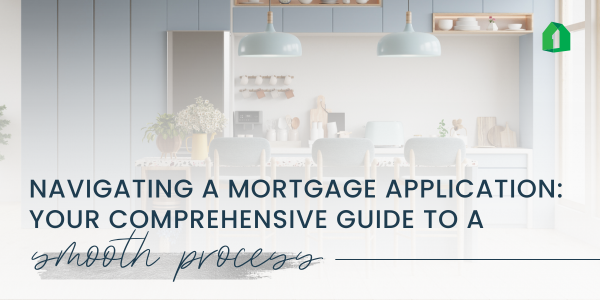
As a prospective homebuyer in today’s market, it’s important to have awareness of the different types of mortgages available in order to determine which is right for you. One particularly important distinction to understand is the difference between fixed-rate mortgages and adjustable-rate mortgages (ARMs).
In this article, we’ll explore both of these mortgage options and evaluate the benefits and limitations of each.
Fixed-Rate Mortgages
A fixed-rate mortgage is a loan with an interest rate that remains constant (or fixed) throughout the entire life of the loan. That means whether you’re in the first year or the final year of your mortgage, you’re paying the same percentage in interest on the borrowed money. For this reason, fixed-rate mortgages are more predictable and therefore easier to budget around.
Because your lender is setting the rate for the long term, the trade-off for this predictability is an initial rate that is typically higher than that of an ARM.
Advantages
- Consistency: With a fixed-rate mortgage, your interest rate and monthly payment remain the same for the life of the loan, making it easier to anticipate monthly payments years down the road.
- Protection from volatility: Regardless of market fluctuations, your interest rate will never change, shielding you from potential rate hikes.
Disadvantages
- Higher initial rate: Fixed-rate mortgages generally have higher interest rates initially compared to ARMs, which could affect your purchasing power and the overall cost of your home over time.
Adjustable-Rate Mortgages
Unlike a fixed-rate mortgage, an adjustable-rate mortgage is a loan with an interest rate that adjusts periodically according to market conditions. Generally, it begins with an introductory period (typically a few years) in which the rate is somewhat lower than that of a comparable fixed-rate mortgage. Once the loan reaches its adjustment period, that rate can be adjusted based on the current rate environment, resulting in a potential increase to your rate and therefore a higher monthly mortgage payment. This makes ARMs inherently more risky – especially over the long term.
Advantages
- Lower initial rates: ARMs often start with lower interest rates, providing lower initial monthly payments and potentially higher purchasing power.
- Potential for savings: If interest rates decline, the rate adjustment feature of ARMs may result in lower monthly payments and long-term savings – although it’s important to note that this is not guaranteed.
Disadvantages
- Uncertainty: The main drawback of ARMs is the uncertainty of future interest rate adjustments. Since your rate is not permanently locked in, your monthly payments could increase significantly once adjusted.
- May carry a prepayment penalty: If you decide you want to pay off your mortgage before the end of the loan term, you may be faced with a prepayment penalty (also known as an early payoff fee).
How to Tell Which Type of Mortgage is Right for You
Fixed-rate mortgages are traditionally more popular with the majority of buyers, especially those who plan to own their home for longer, thanks to their simpler nature and more predictable long term pricing.
However, depending on market conditions, and in the case of buyers looking to own their home for shorter time periods, ARMs can be an attractive alternative.The popularity of ARMs tends to fluctuate alongside changes in interest rates. That’s why, for example, as of April 2023, ARMs accounted for 18.6% of the dollar volume of conventional single-family mortgage originations, quadrupling from their January 2021 low.
Choosing the right mortgage type requires careful consideration of your financial situation and long-term goals. Here are some steps to help you decide:
- Assess your financial status and risk tolerance to determine if you are comfortable with potential payment changes and if your budget can accommodate fluctuating rates.
- Evaluate your future plans to estimate how long you plan to own the home and if any major life changes could affect your mortgage.
- Consult with a loan officer to compare loan types, current rates, and mortgage programs that will help determine the best mortgage option for your needs.
Both options have their strengths and weaknesses, and the choice ultimately depends on your financial situation, risk tolerance, and long-term plans. By consulting with a loan officer and considering your unique circumstances, you can make an informed decision that aligns with your homeownership goals.


